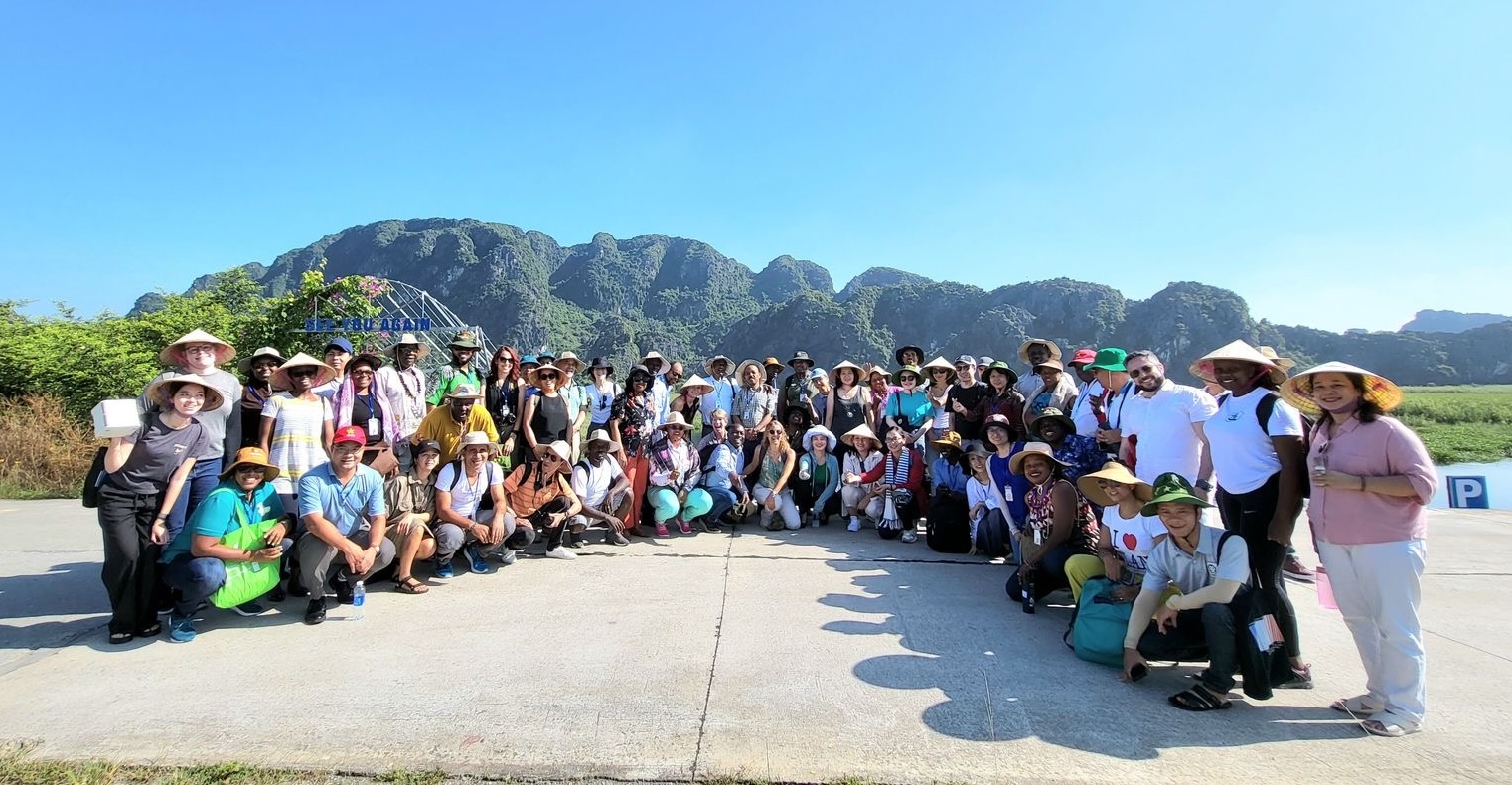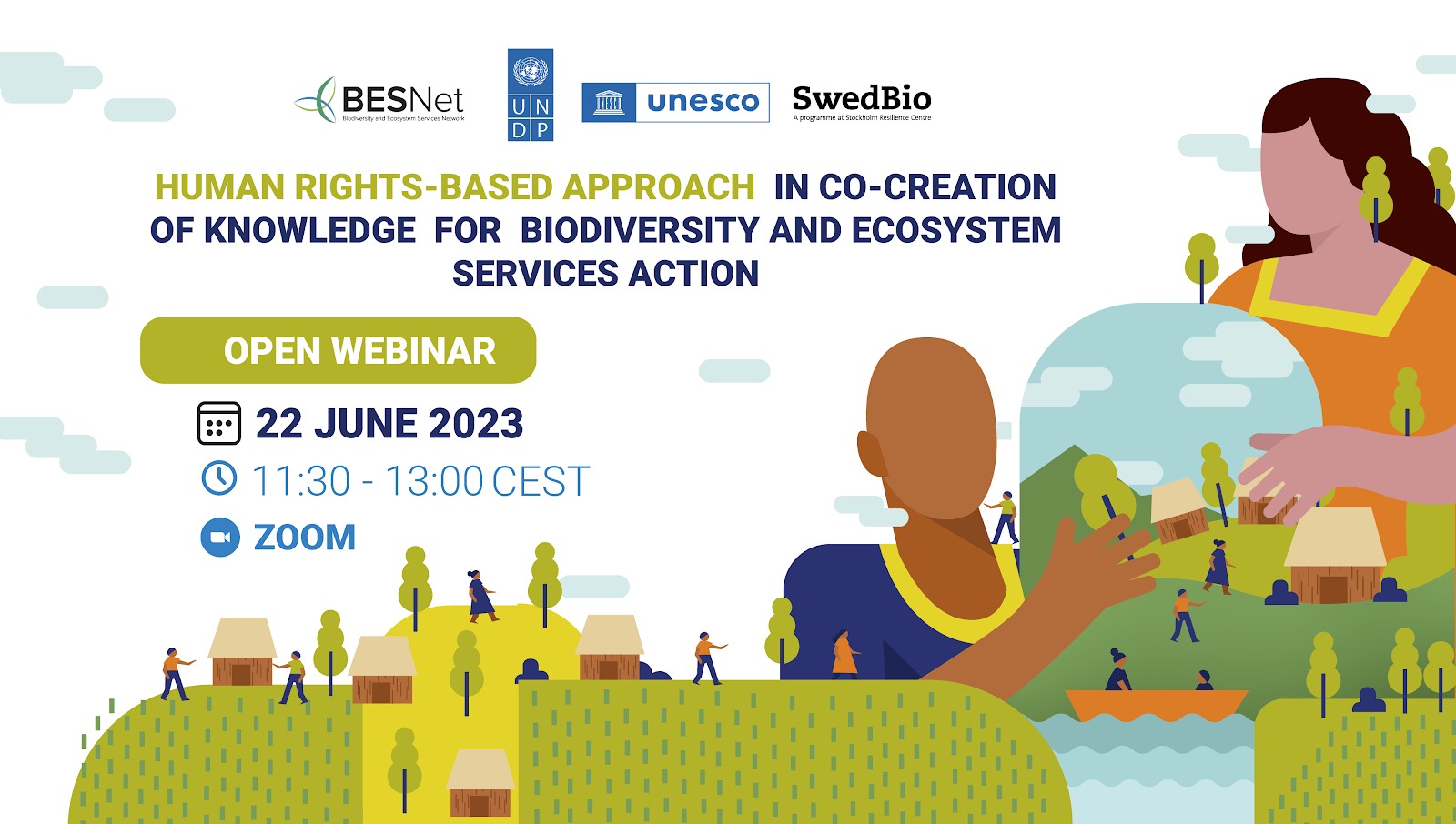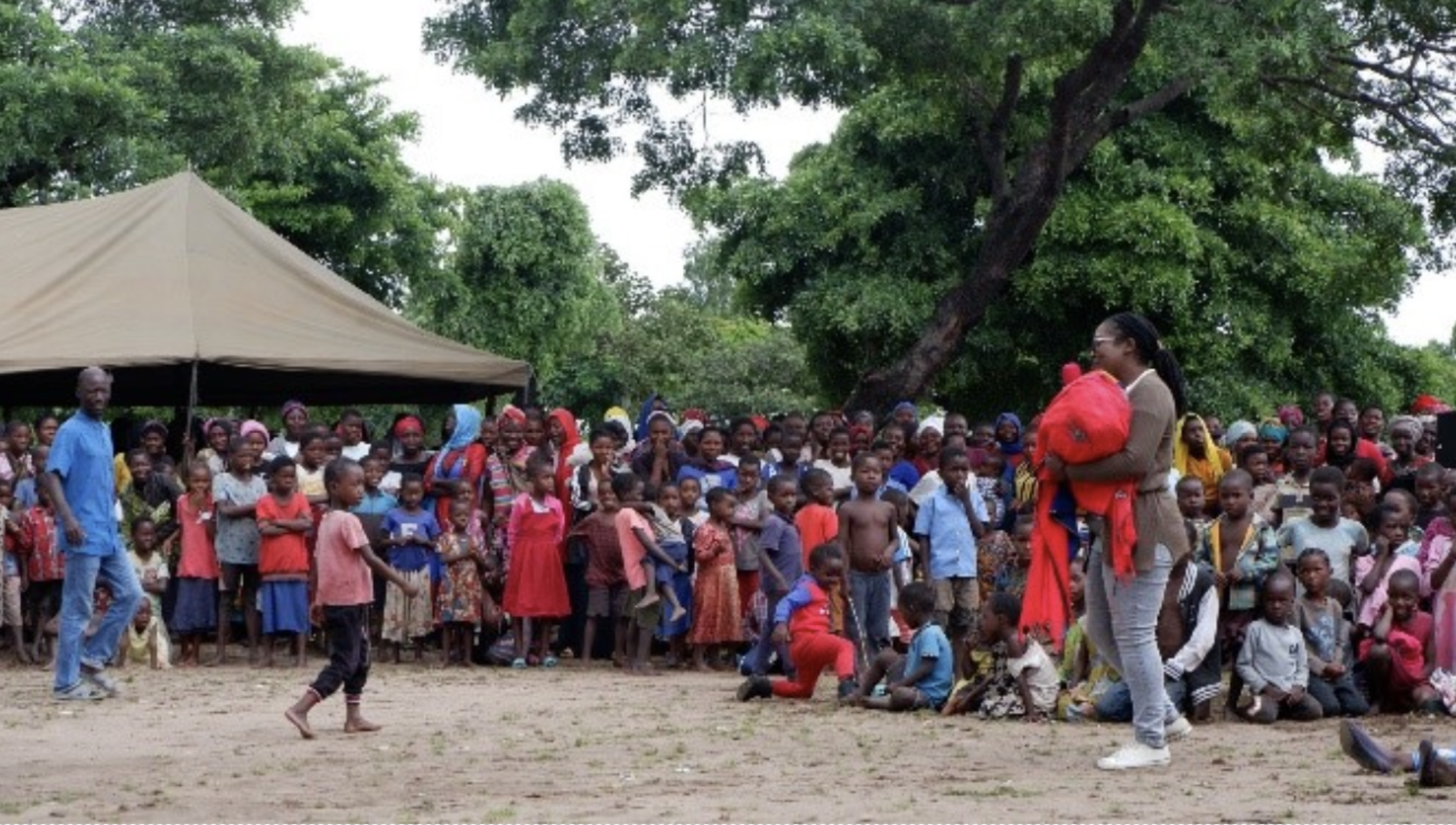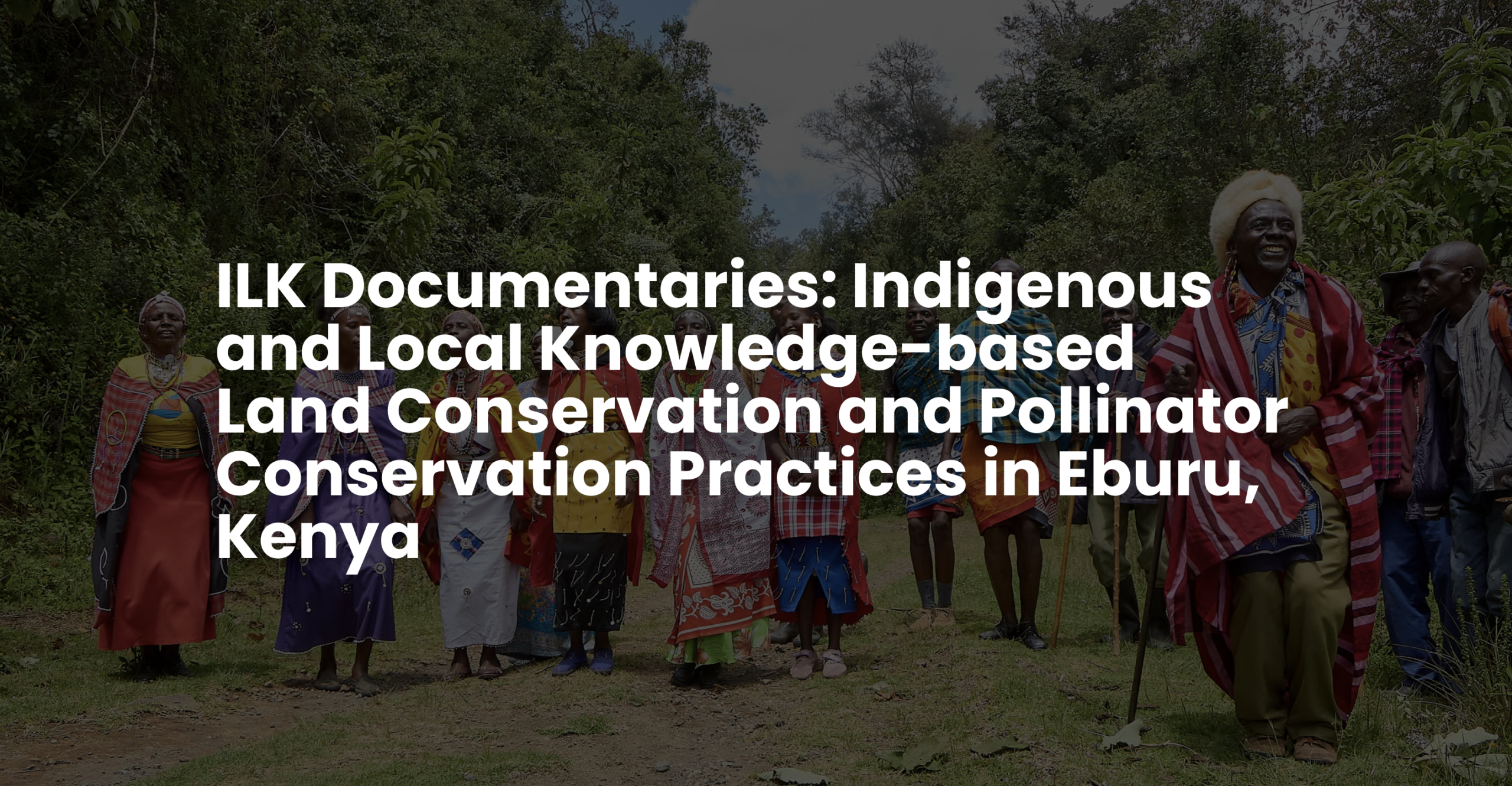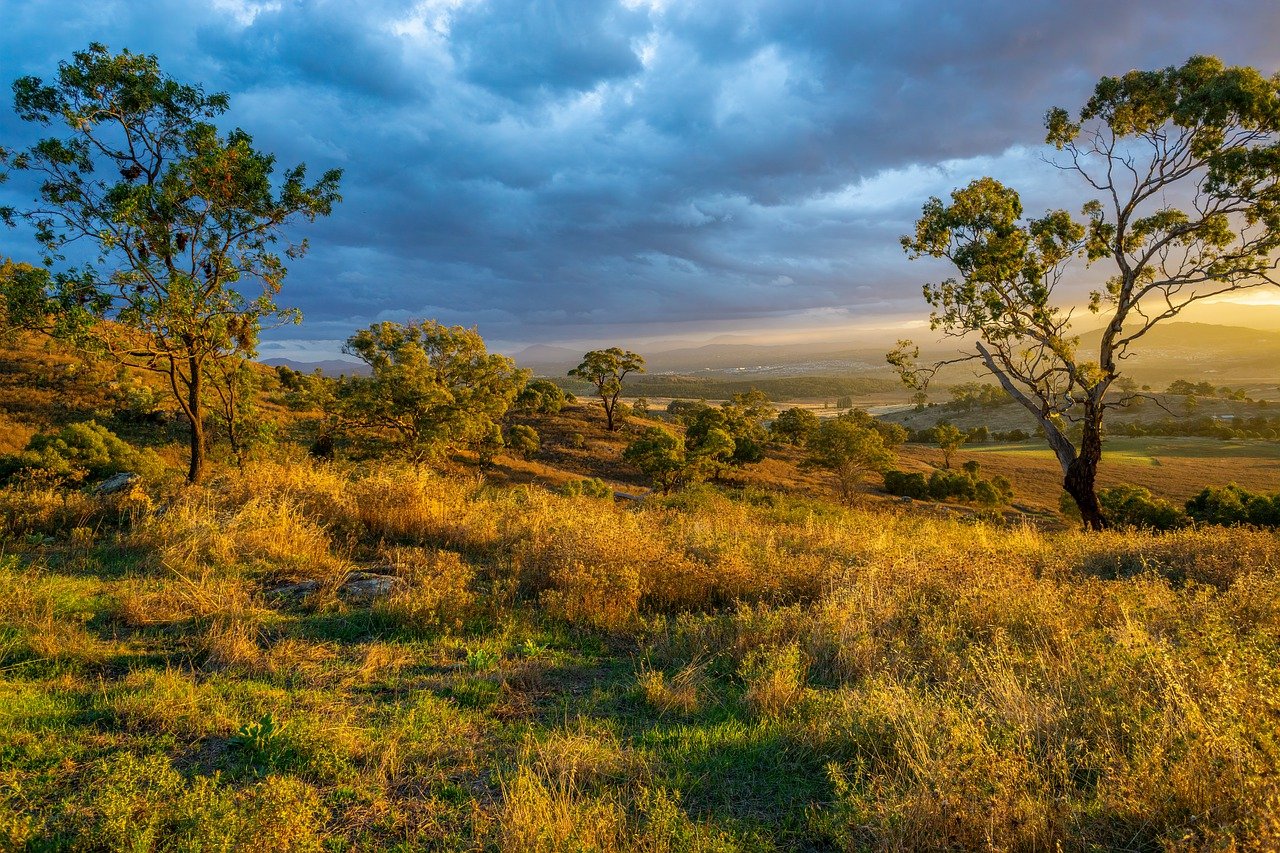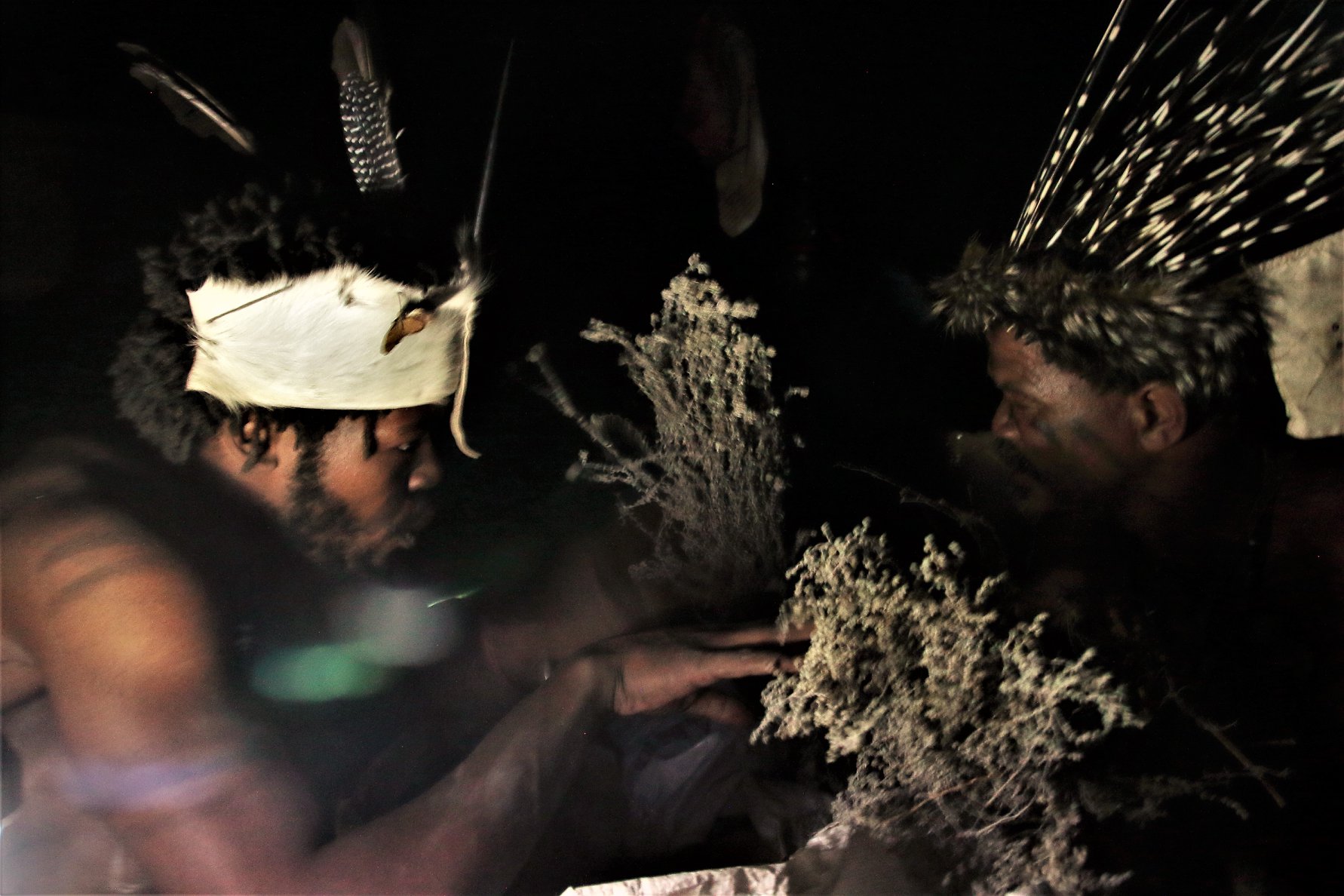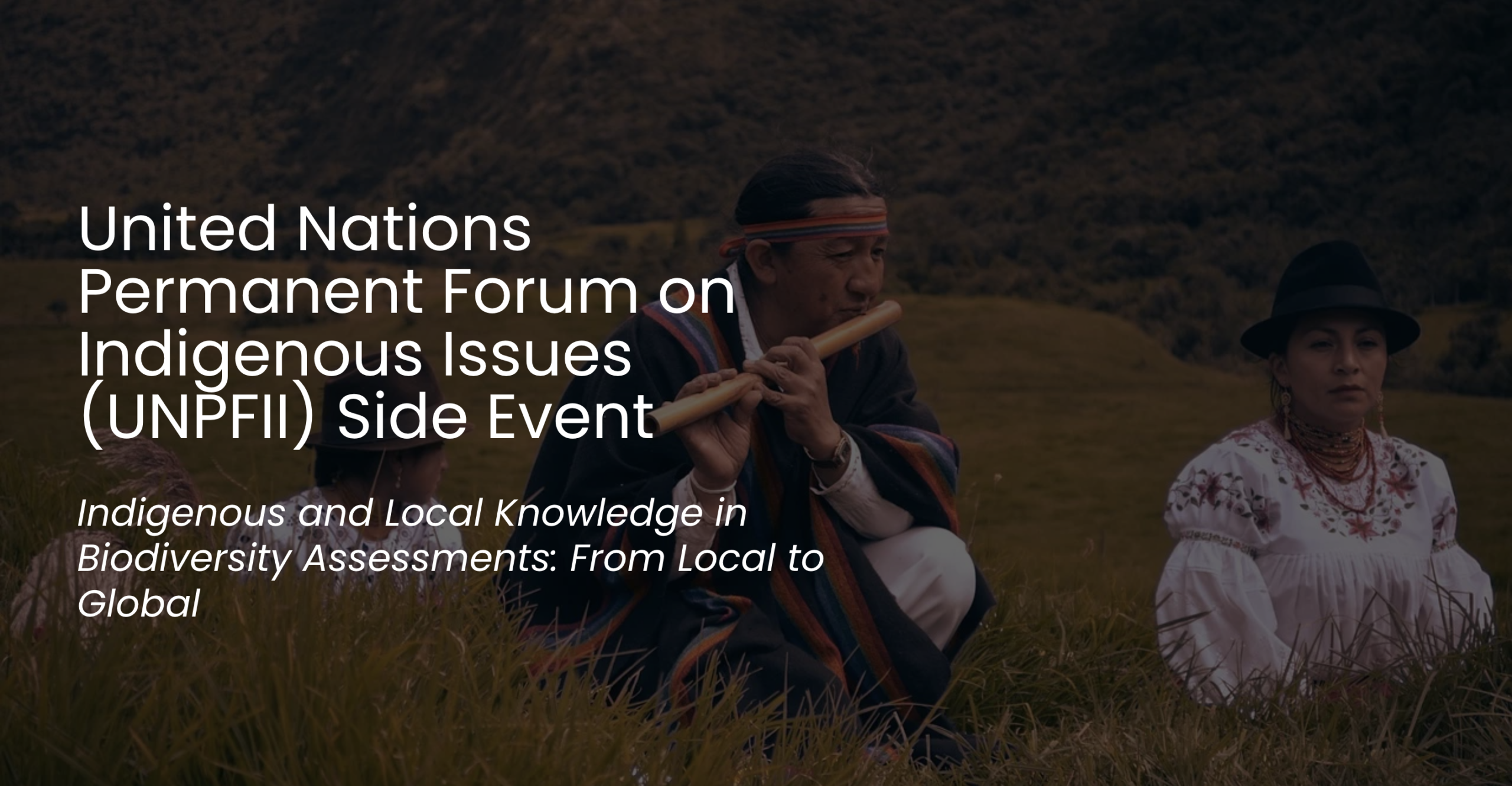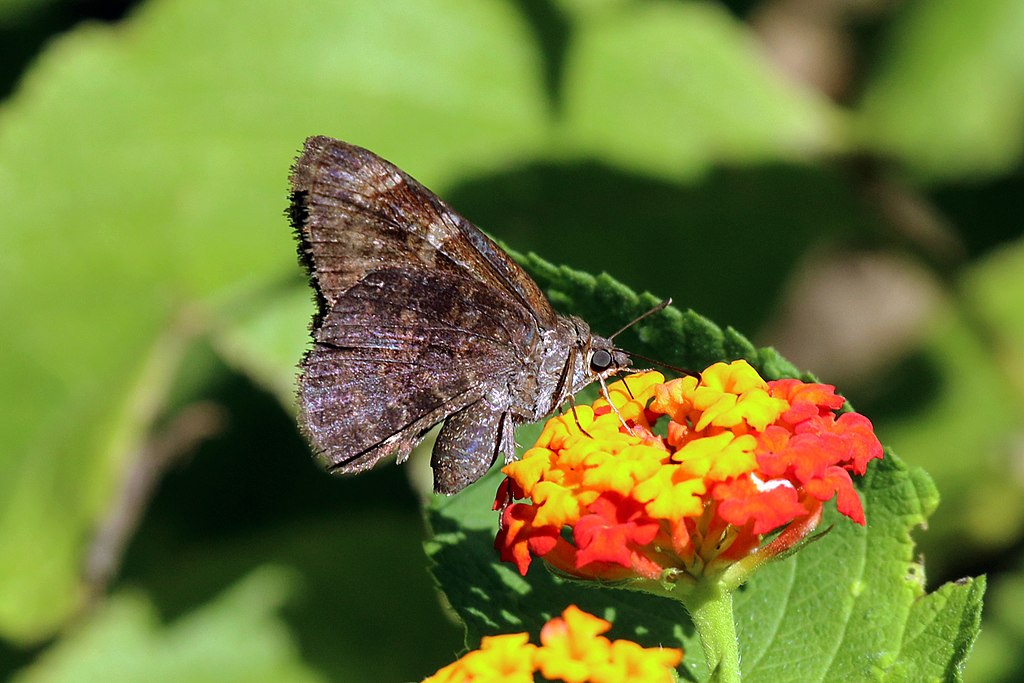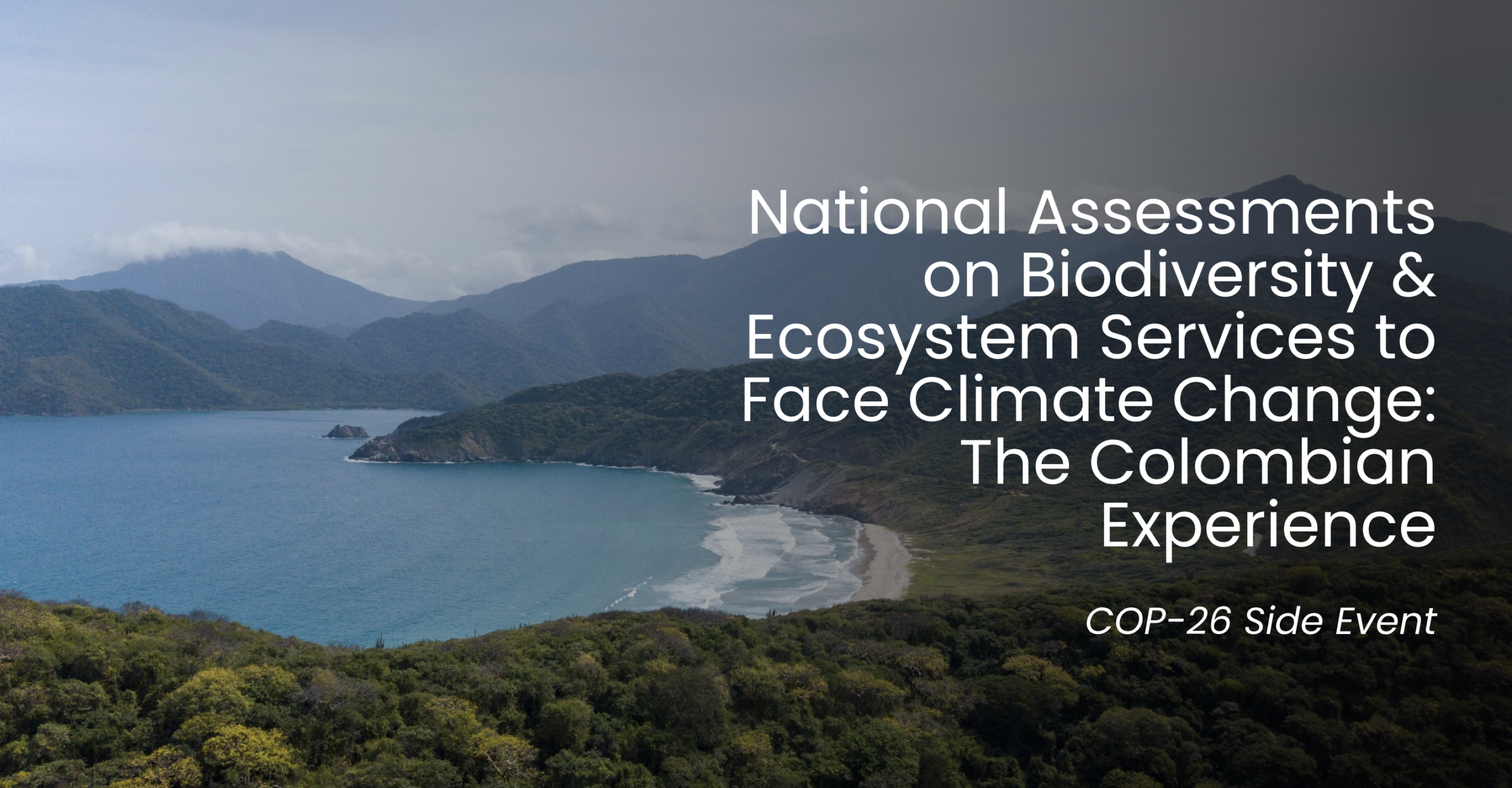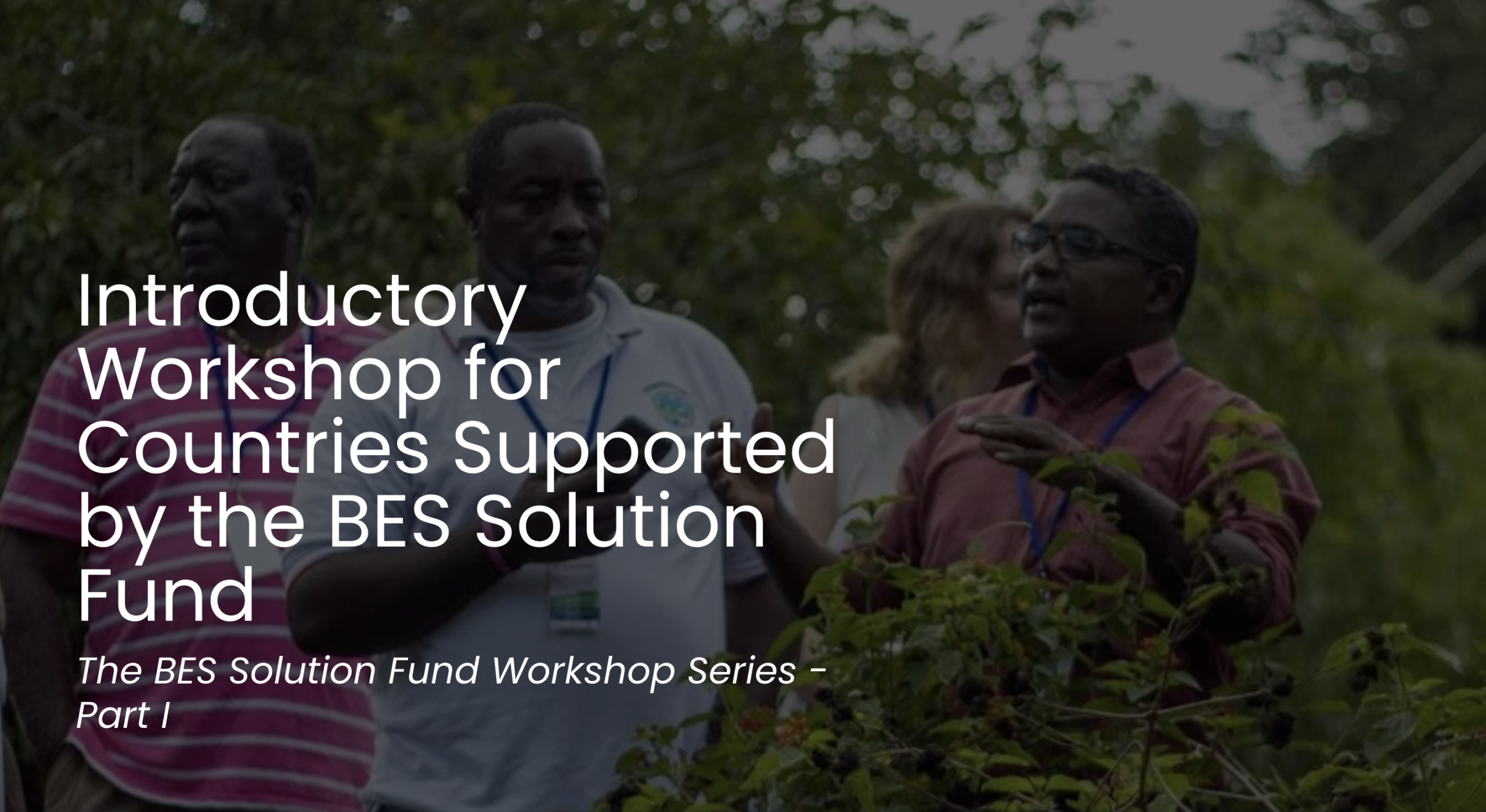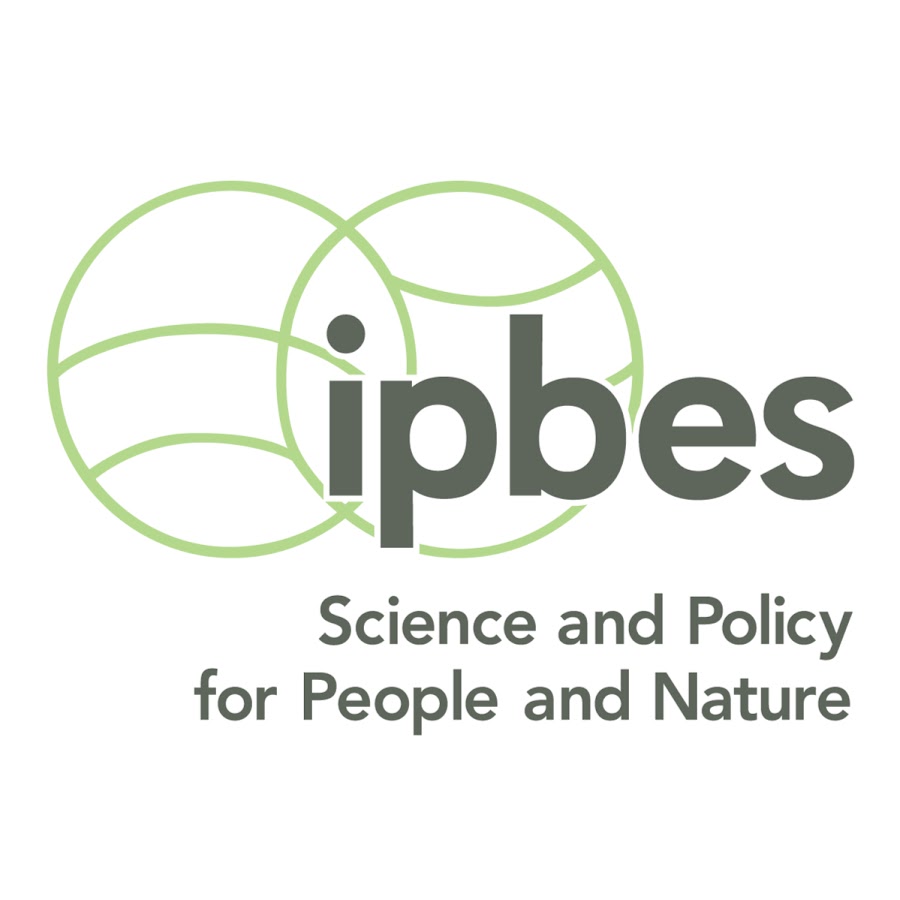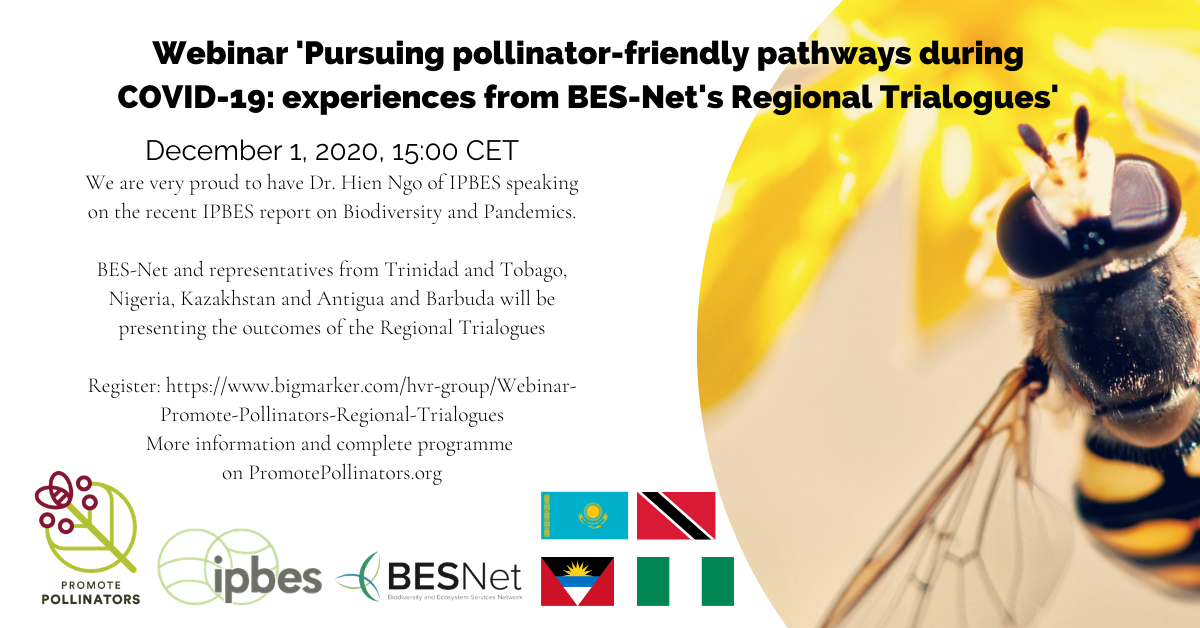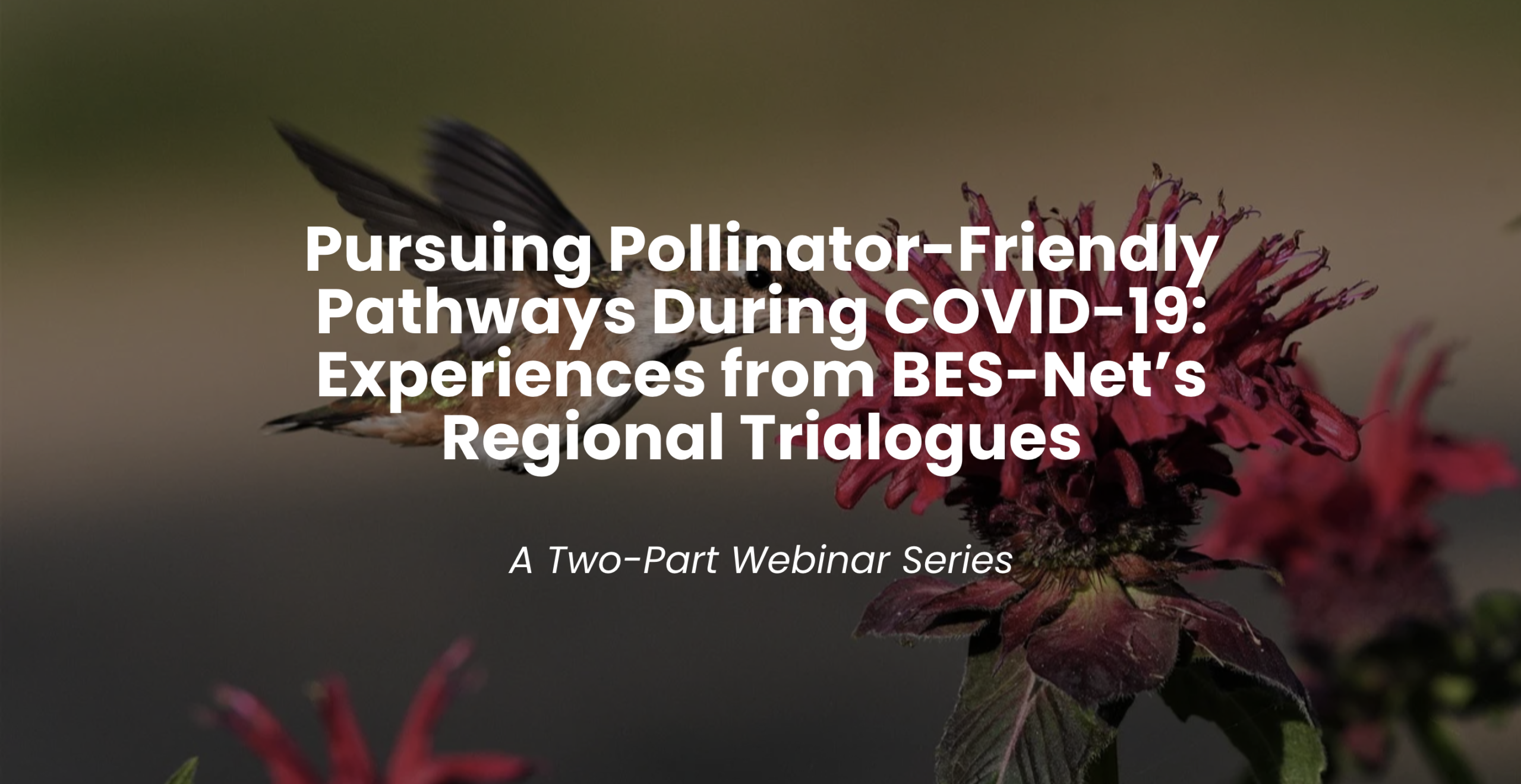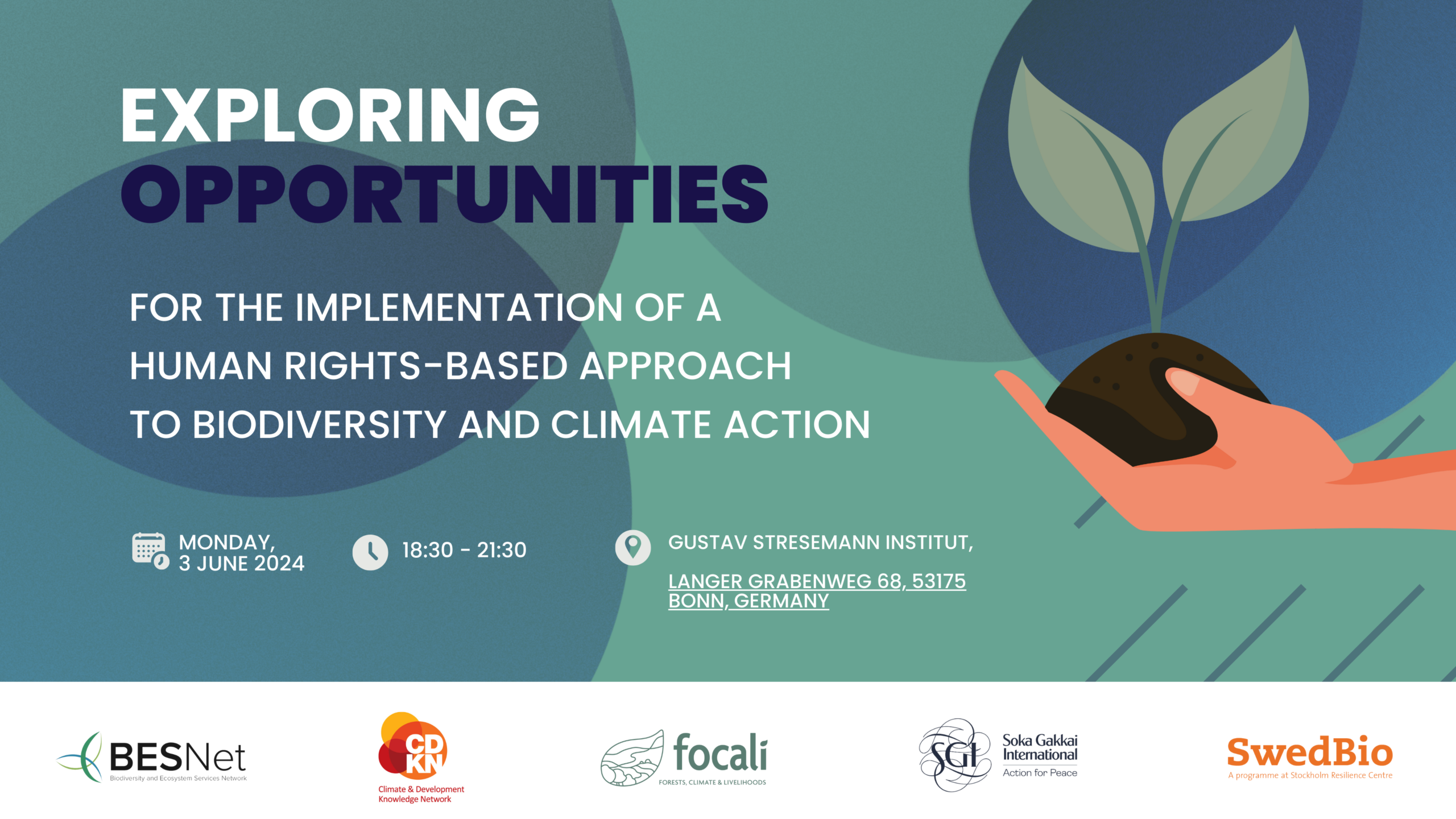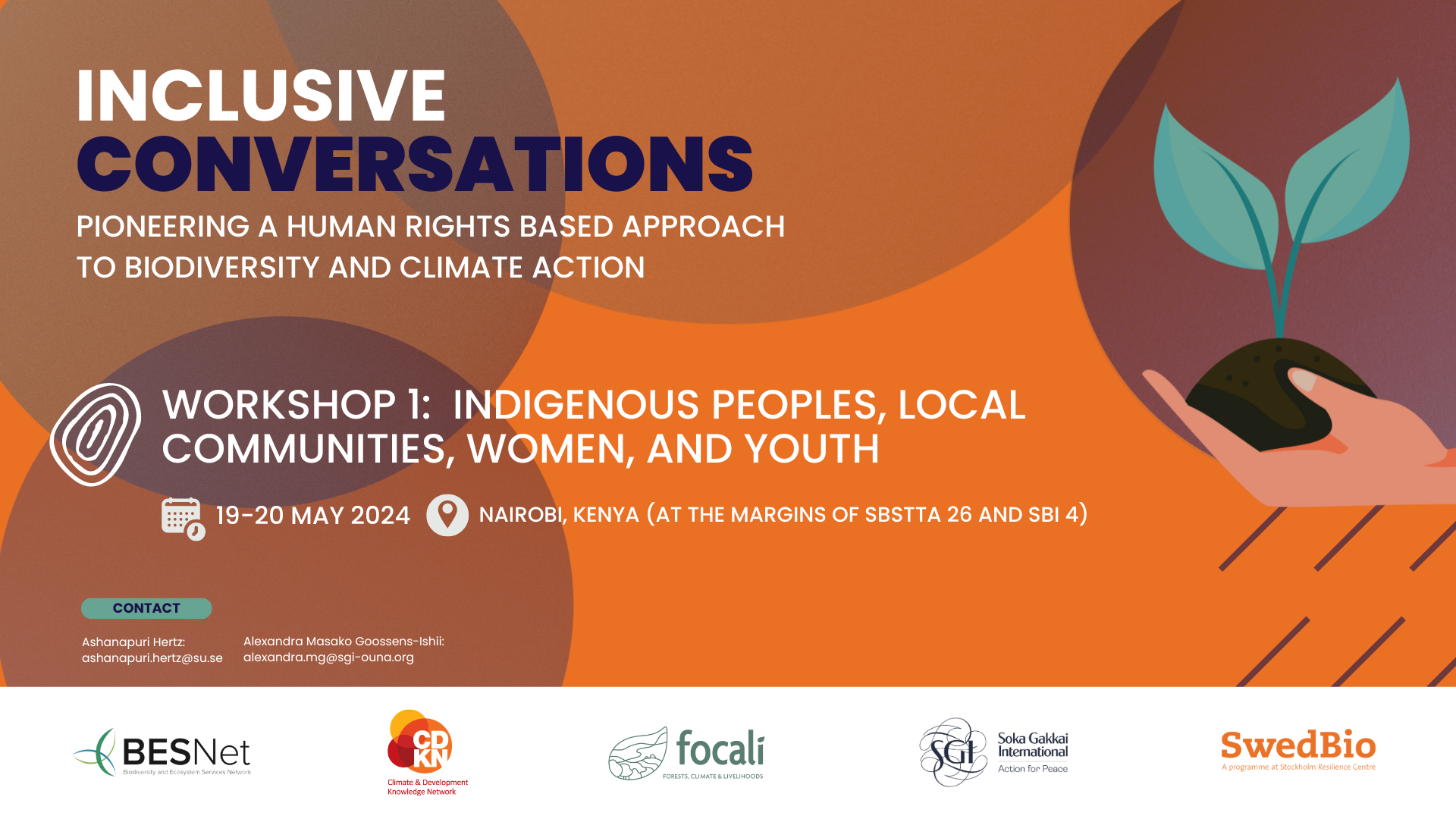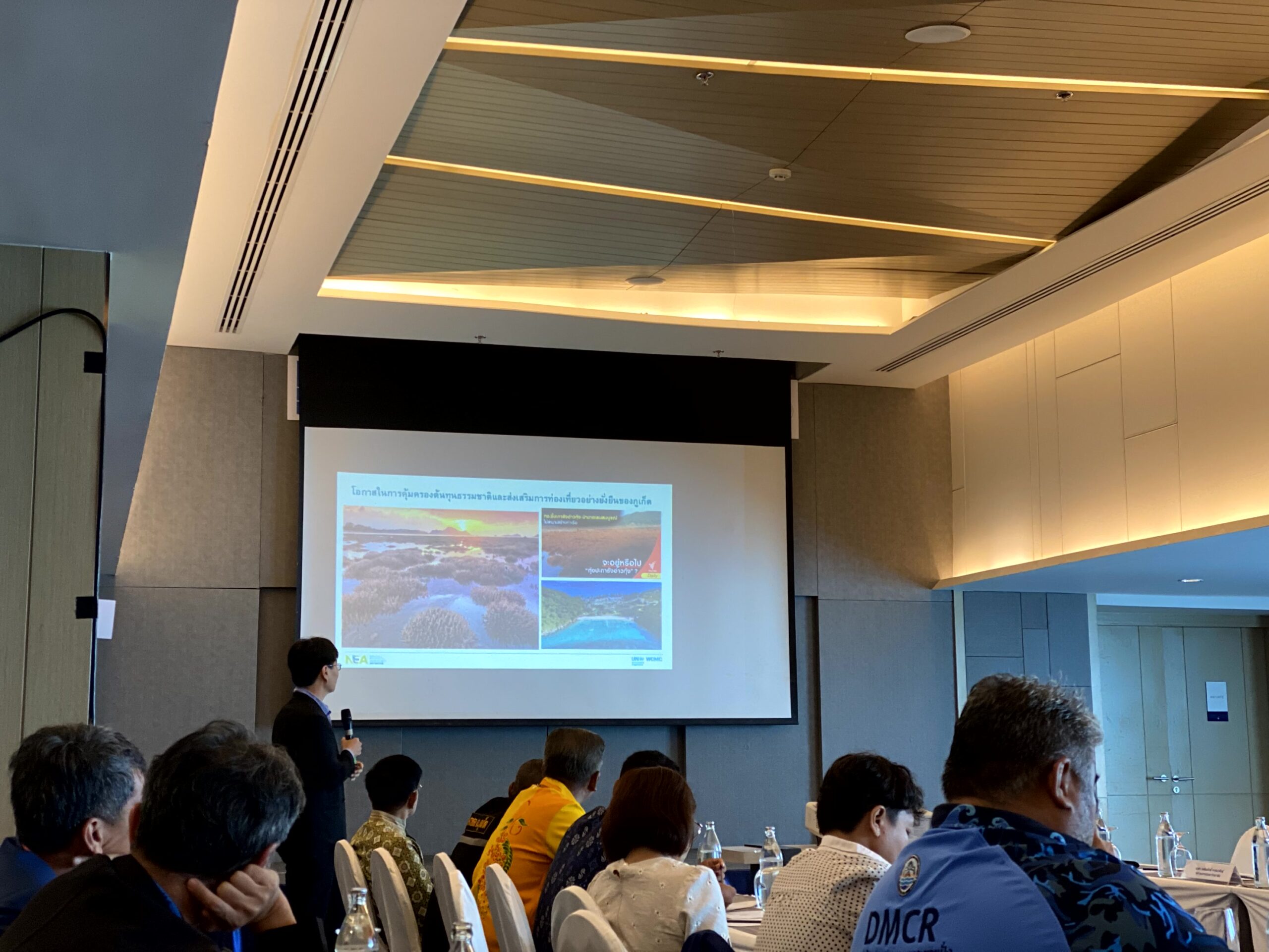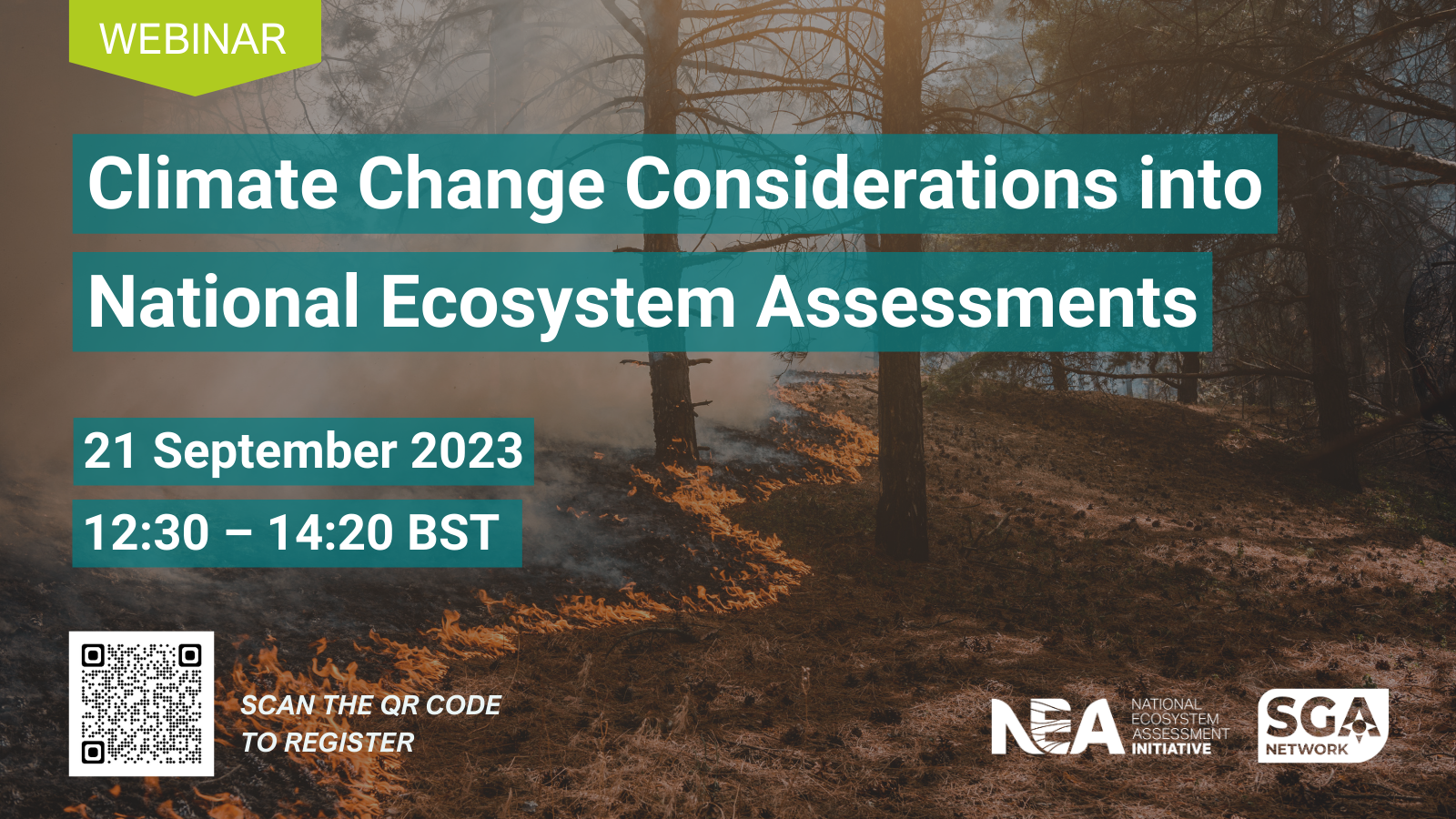This side event to the 21st session of the United Nations Permanent Forum on Indigenous Issues (UNPFII) will discuss the different ways in which indigenous peoples and local communities (IPLCs) can work with biodiversity assessments at global, regional, national and local levels, by exploring the work of IPBES, the Biodiversity and Ecosystem Services Network (BES-Net) initiative, and the Network of the Centres of Distinction on Indigenous and Local Knowledge. It will highlight avenues for enhanced participation by IPLCs. The side event will also reflect on how this work can influence policy and decision-making processes at different scales, such as the development of the new Post-2020 Global Biodiversity Framework, National Biodiversity Strategy and Action Plans (NBSAPs) and other national biodiversity-related policies. It will also reflect on community-based research and monitoring, and how this can support, and in turn be supported by, biodiversity assessments.
IPBES is producing the first global-scale environmental assessments that seek to explicitly and systematically work with indigenous and local knowledge (ILK), recognizing the crucial role that ILK and IPLCs play in sustainable relationships with biodiversity, as was demonstrated by the IPBES Global Assessment that was released in 2019. Guided by IPLCs, IPBES assessments also aim to be of direct relevance and use to IPLCs. There are currently five on-going IPBES assessments:
- Sustainable use of wild species
- Diverse values of nature
- Invasive alien species
- The nexus of biodiversity, food, water and health
- Transformative change
BES-Net (https://www.besnet.world/), a consortium of UNDP, UNEP-WCMC and UNESCO, aims to stimulate policy development and action around completed IPBES assessments at regional and national levels through the work of its “Trialogues”, which bring together policymakers, scientists, IPLCs and practitioners. BES-Net is also supporting a series of National Ecosystem Assessments (NEAs) under the NEA Initiative hosted by UNEP-WCMC, which are largely guided by IPBES methodologies, including the IPBES approach to working with ILK.
The Network of the Centers of Distinction on Indigenous and Local Knowledge (COD-ILK) (https://cod-indigenouslocalknowledge.org/) is composed of indigenous leaders, experts, professionals and advocates of ILK. The network promotes the integrity and value of the knowledge of IPLCs in science and policy. The COD-ILK is currently building synergies with other IPLCs and institutions to widen its reach and amplify their worldviews and knowledge on conservation and sustainable use of biodiversity and ecosystems.
Together these different but complementary organisations provide multiple ways that IPLCs can participate in biodiversity assessments that seek to inform policymaking and action at different scales, to enhance biodiversity conservation and sustainable use of resources for people and the planet.
The side event is organized by IPBES, BES-Net and the Centres of Distinction on Indigenous and Local Knowledge, with support from UNESCO, UNDP, UNEP WCMC and the NEA Initiative

